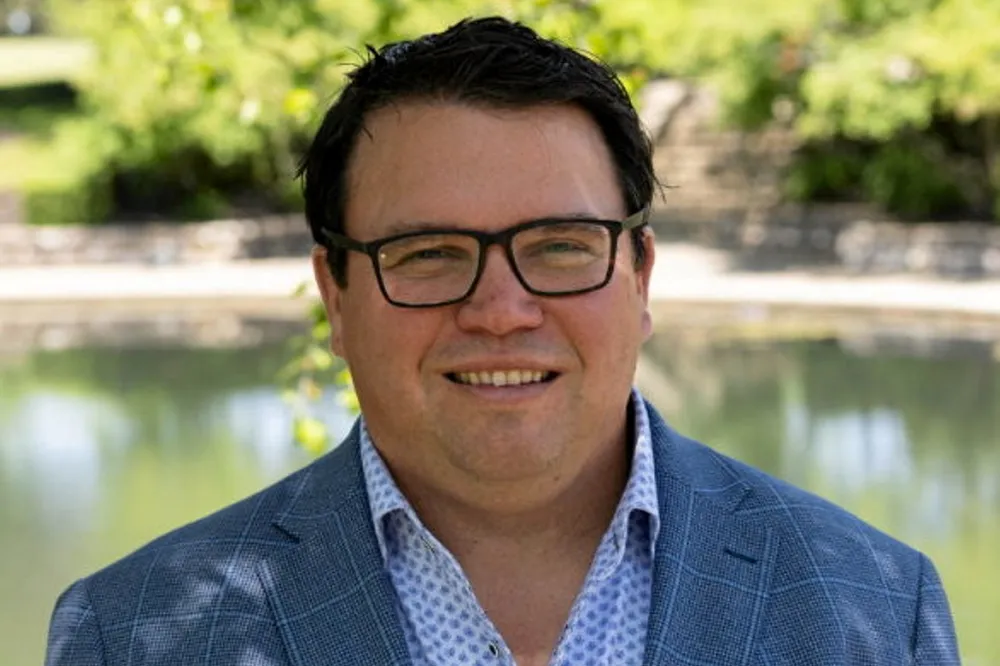Bill Gates-backed natural hydrogen explorer Koloma raises nearly a quarter of a billion dollars in private finance
Cash pours in after Denver firm awarded $900,000 from US government to artificially stimulate deposits of natural H2

Cash pours in after Denver firm awarded $900,000 from US government to artificially stimulate deposits of natural H2
